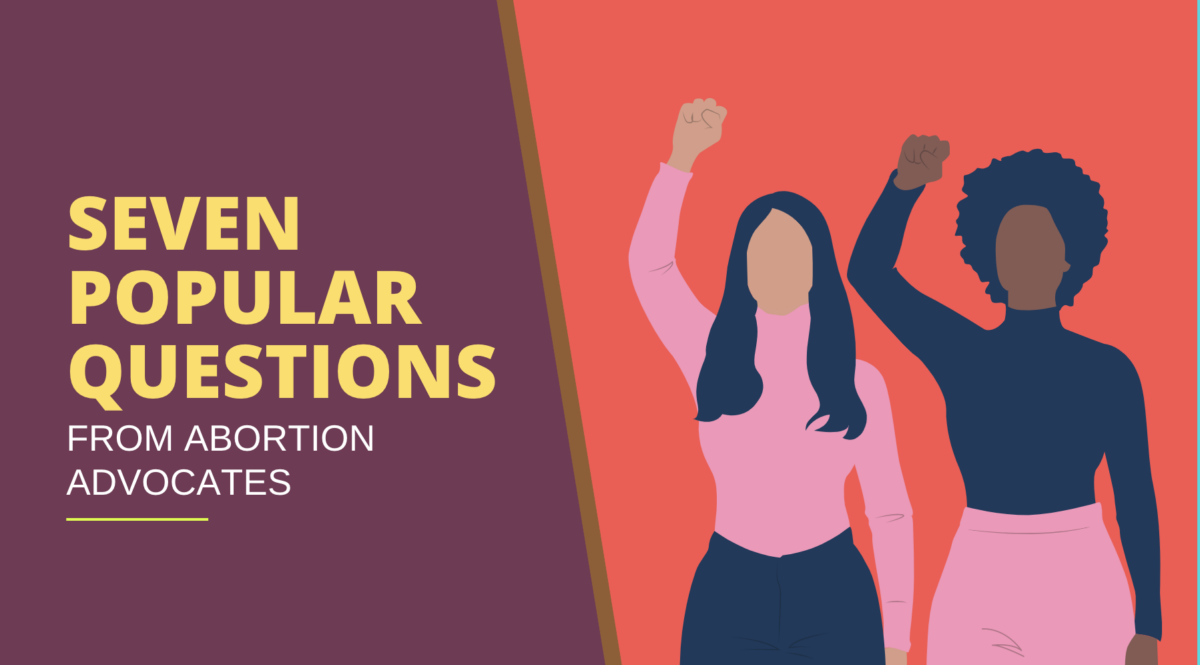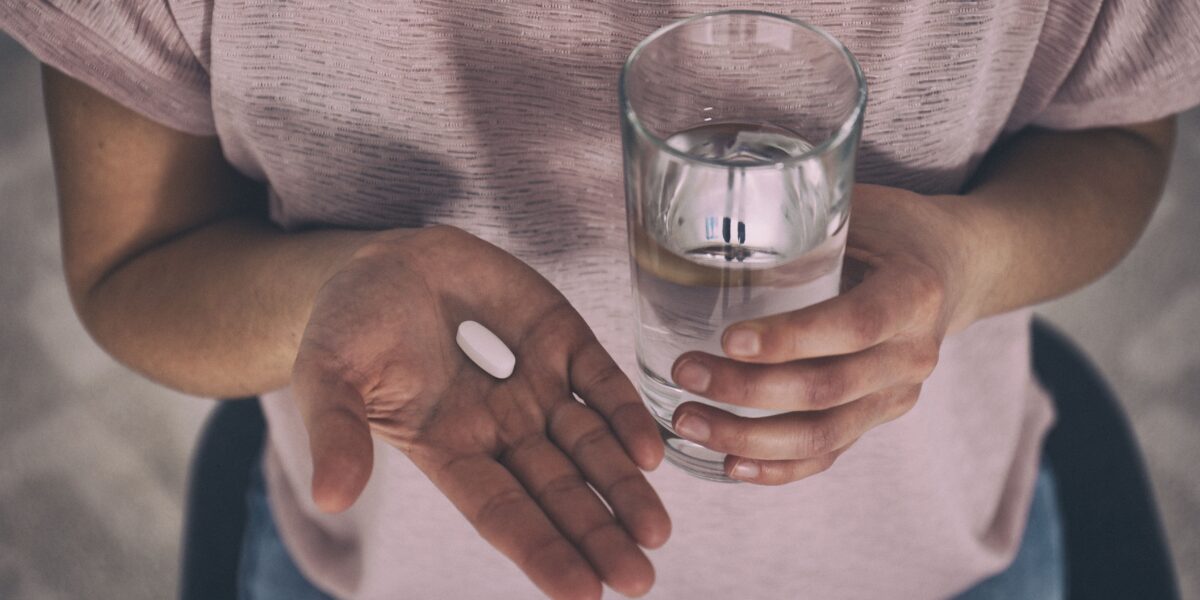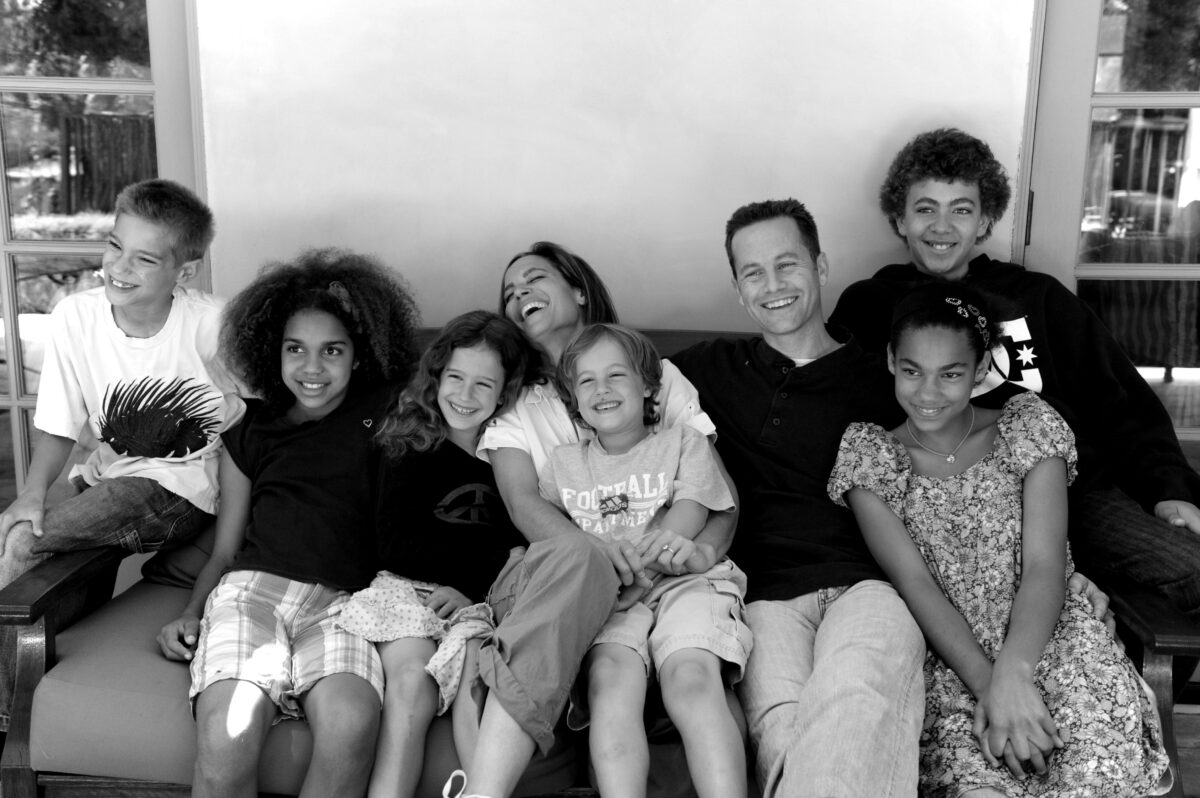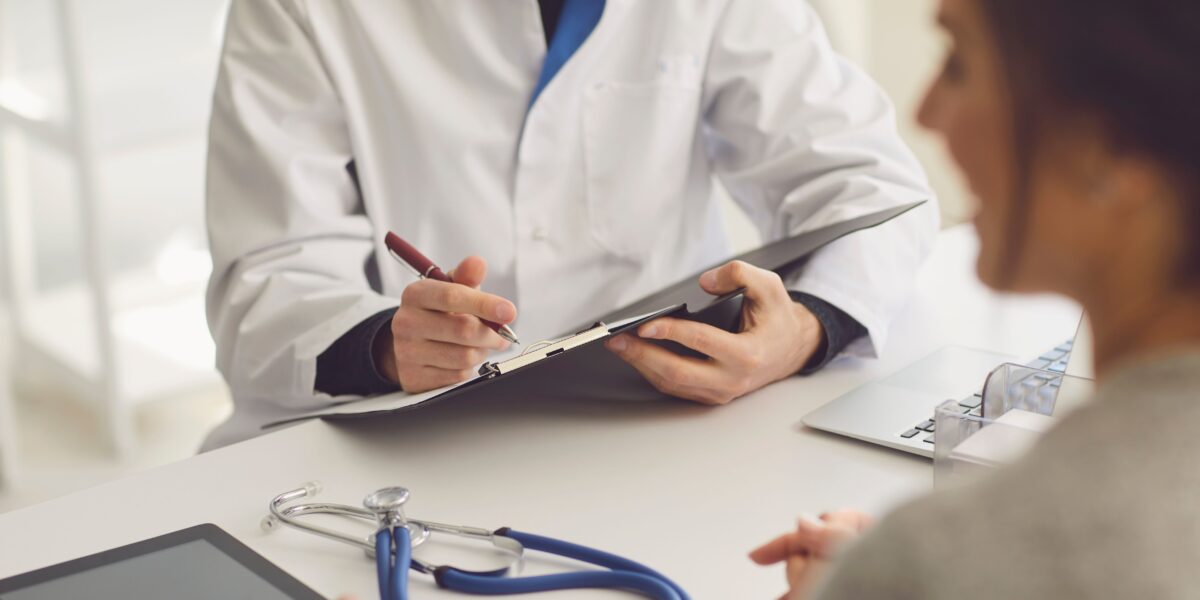Is Abortion Women’s Healthcare?
Words matter, now more than ever. The definition of healthcare is: “efforts made to maintain or restore physical, mental, or emotional well-being especially by trained and licensed professionals.” The abortion industry claims that they are necessary for women’s health, but they make billions of dollars off of a woman’s “choice,” often without fully informing women of the medical risks of abortion. Potential risks include the breast cancer, significant rise in depression, substance abuse and pre-term birth.
Many other options for women’s healthcare exist, in fact for every Planned Parenthood in America, there are 20 community health clinics. These clinics offer comprehensive primary and preventive women’s health care excluding abortion. In addition, pregnancy resource centers offer free ultrasounds, pregnancy tests, counseling and social service support for women and men from licensed professionals. Their services touch over 900,000 new clients a year and save their communities $270 million annually.[1]
Do Pro-lifers care about the welfare of the mom or the situation the child is born into?
With the majority of women choosing abortion due to economic stress, we need to be aware of the vast network of resources that help elevate women above their circumstantial difficulties. Abortion assumes women should remain the victim to their circumstances (i.e. it’s not a good time, economic instability, she won’t be able to be successful or fulfill her dreams). Pro-life organizations empower women to not allow circumstances to bind them. Rather, we come alongside women and champion their ability to succeed, dream, and bring life into the world; to have her baby and achieve her goals. Pregnancy resource centers everywhere help women thrive by listening to their stories and offering creative and holistic solutions to meet all their needs.
When does the unborn human become a person?
The 1973 ruling of Roe vs Wade dissected the human from personhood. Rather than the historic view that a human has value because it is a part of the human race and endowed with unalienable rights from our creator, the judges stated that humans gain their right to life when they become a person. But when does that happen? Ethicists everywhere disagree on the moment a person comes into existence because if does not occur at conception then one must arbitrarily assign personhood based on subjective beliefs.
Pro-life advocates believe that right to life begins at conception and ends at natural death. Thus, all humans are persons, valued and entitled to be protected, cared for, and supported no matter the size, level of development, environment, or degree of dependency.
Is the answer to ‘when does life begin’ religious?
In Dobbs vs. Jackson Women’s Organization, many of the Supreme Court Justices referenced this question as religious or philosophical. The reality is that science answers this question very clearly. The science of Embryology states that you were a living, distinct and whole human begin at the moment of conception. Though there is dependence on the mother for the energy to develop, the embryo has unique DNA that establishes a distinct person.
The SLED acronym is helpful to remember: Size, Level of dependency, Environment and Degree of dependency. Are small people less valuable than tall ones? Is a toddler less human just because it isn’t as developed as a teen or is a teen less of a person because their brain isn’t as developed as a 25 year old? If you depend on medication for your body to function well, are you less human? No. None of these factors make someone less human than another.
Statistically speaking, why do women choose abortion?
73% are influenced by economic stress[2]
64% say they feel pressured[3]
48% uncertain about their relationship
12% mother’s health at risk
<1% due to rape and incest
What about abortion in the case of rape?
Rape is a tragedy that should not be ignored. Over 463,000 women are victims of rape each year. Women 16-19 years old are four times more likely to experience sexual violence and college age women are three times more likely to be raped than the general population.
Of the women who conceive after rape, 50% choose abortion. Many argue that abortion is needed for the mother’s healing; that the child would be a constant reminder of her trauma. But for those who aborted, 80% say that the abortion only increased their trauma. Rather, the life of the innocent unborn can be the one redemptive factor, the one joy that comes from such a dark moment.
Trauma plus trauma does not equal healing.
Life can bring restoration and hope.
But this argument still places all of the responsibility on the woman and totally leaves the rapist out. We should also acknowledge the fact that rape is happening and the factors that encourage rape. The Washington Post published an article which stated that in college aged men, 83% admitted to viewing pornography and those who did said they were more likely to “commit rape or sexual assault (if they know they wouldn’t be caught).” We should consider the factors that leave women at risk of rape and do something to address them so we can stop trauma from happening in the first place.
What can I do to help women?
Support them. Help women know that they’re not alone and you’re willing to come alongside them and ensure they can thrive. One way you can do this well is by volunteering at your local pregnancy center. Pregnancy centers offer so many creative solutions to women in need. When women feel empowered and supported, they’re more likely to choose life. Find your local pregnancy center HERE .
You can also start a conversation with your pastor or women’s ministry leader to see how your church can offer classes and support groups to single moms, women who’ve had abortions, or those who may be vulnerable to abortion. Give a copy of Unplanned Grace to someone in leadership to help inspire potential ministry opportunities.













